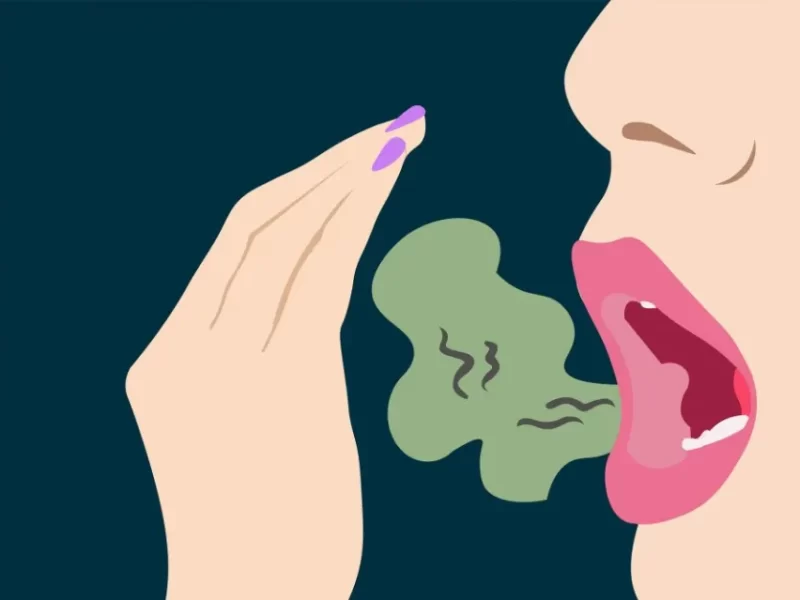Having private body issues discussed can occasionally be embarrassing, let’s face it. The idea of discussing urinary incontinence in public frequently makes us uncomfortable as a society. Therefore, let’s discuss how to handle geriatric incontinence. Elderly adults may find it to be one of the most challenging—and potentially embarrassing—problems they may encounter.
The ability of the elderly to control bladder and bowel function may deteriorate as they get older for a number of reasons. A urinary tract infection is one example of a cause that can sometimes be reversed. Sometimes, nothing can be done to alter the circumstance. There are steps you can take to reduce stress on both sides when caring for elderly people who have urinary incontinence.
The definition of incontinence, the causes of incontinence in the elderly, and treatment options are covered in this article.
What is Incontinence?
An individual with urinary incontinence unintentionally leaks urine. Urinary incontinence, also known as an overactive bladder, can affect anyone, but it is more prevalent in older women than men. Bladder control problems can be embarrassing and make people refrain from participating in daily activities. On the other hand, incontinence is frequently curable.

What happens in the body to cause bladder control problems? The urinary system, which also consists of the kidneys, ureters, and urethra, includes the hollow organ known as the bladder, which is situated in the lower abdomen. To move urine into the urethra, which is shaped like a tube, the bladder’s muscles contract during urination. The muscles surrounding the urethra also relax at this time, allowing the urine to exit the body. Urinary incontinence can occur when the muscles in and around the bladder don’t function properly, causing urine to leak.
Types of Urinary Incontinence
There are different types of incontinence:
Stress Incontinence
occurs when pressure on the bladder, such as that caused by exercise, coughing, sneezing, laughing, or lifting heavy objects, causes urine to leak. It’s the most common type of bladder control problem in younger and middle-aged women. It might also start later, perhaps right around menopause.
Urge Incontinence
happens when people have a sudden need to urinate and cannot hold their urine long enough to get to the toilet. People with diabetes, Alzheimer’s disease, Parkinson’s disease, multiple sclerosis, or stroke may experience difficulties with it.
Overflow Incontinence
occurs when an always full bladder leaks small amounts of urine. A man may experience problems urinating if his enlarged prostate is obstructing his urethra. This kind of incontinence can also be brought on by spinal cord damage and diabetes.
Functional Incontinence
occurs frequently in elderly people with healthy bladder control. Because of arthritis or other conditions that make it difficult to move quickly, they simply struggle to go to the bathroom.
What Causes Elderly Incontinence?
Bowel and bladder issues can be caused by a variety of conditions, but functional incontinence is a problem that many elderly people deal with. What exactly does “functional” mean in this context, you may be wondering?
But there are still more potential causes of incontinence in the elderly. Here are some others to be aware of:
- Urinary tract infections (UTI)-Urinary incontinence is more likely to occur when there is bladder irritation from a UTI. They’re common, too. Over 10% of women aged 65+ and around 30% of those over the age of 85 are affected by UTIs.
- Diuretics-Your body expels fluids from the blood into the kidneys at a faster rate when you take diuretics. Because you’ll urinate more frequently during this time, you risk becoming dehydrated.
- Nicotine-The stimulant in tobacco is nicotine. The detrusor muscle in the bladder wall can become irritated by nicotine in addition to being dangerously addictive.
- Medications-The nervous system’s ability to recognize when the bladder is full can be slowed by sedative drugs like diazepam. In addition, opioids and antidepressants can impair bladder function and exacerbate constipation. Additionally, negative effects of high blood pressure drugs (e.g. ACE inhibitors) include a chronic dry cough that may progress to incontinence.
- Excess weight-Obesity or being overweight can put more strain on the bladder. The pelvic floor will weaken under prolonged, sufficient pressure, raising the possibility of unwanted leaks.
Read more: How to Prevent UTI in the Elderly: Things You Must Know – Elder VIP
How to Deal With Elderly Incontinence?
Respect the Facts
Care professionals employ this strategy to help clients overcome shyness or embarrassment, and you can do the same. Use reassurance and a straightforward manner: “Oh, I’m so sorry you were in an accident, but don’t worry. Many people experience this. Let me assist you in getting cleaned up and changing into some dry, cozy clothing.” It’s acceptable to initially pretend to have this matter-of-fact attitude if providing incontinence care makes you uncomfortable. You’ll discover that it quickly feels very natural.
Prepare Care Tools
In case of an accident while the elderly person is out and about, pack a small tote bag with supplies like incontinence briefs or pads, wipes, and even a change of clothes. Don’t let an elderly person who has incontinence problems isolate themselves.
Focus on Diet
Some foods exacerbate both urinary and bowel incontinence. A lot of fresh or dried fruit, chocolate, spicy foods, and caffeine (found in coffee, tea, and some sodas) should be avoided.
Wear Light Clothing
Slacks with an elastic waistband can be pulled down quickly, enabling the elderly person to get on the toilet faster and possibly avoid an accident. And if you must assist your loved one with cleanup, easy-off clothing makes it easier for you to undress and redress them. On the other hand, individuals with dementia occasionally take their clothes off in inappropriate settings and at inappropriate times. It goes without saying that you wouldn’t want to dress your loved one in clothing that is simple to take off in that circumstance.

Have Compassion
One of the most stressful health issues for elderly people is losing control of their bodily functions, so try to approach the situation with tact and patience to reduce their anxiety. It might also help you feel less stressed.
Do Kegel Exercises
To strengthen the muscles that clench when you need the bathroom, you can perform kegel exercises (also known as pelvic floor exercises) at home. Simply put, these exercises can help seniors hold their poop longer!
You shouldn’t try to hold on for too long when you’ve got a full bladder, though. More harm than good may result from this. Pelvic floor exercises can help you gain a few extra seconds if you have trouble getting to the restroom in time.
Summary
A senior’s urinary incontinence may be treated with a change in lifestyle. Losing weight, quitting smoking, saying “no” to alcohol, choosing water over other beverages, and limiting alcohol consumption before bedtime may help with incontinence. Incontinence may also be treated by avoiding constipation and strenuous exercise. Some elderly people continue to occasionally leak urine even after receiving treatment. The use of furniture pads, disposable underwear, urine deodorizers, and other bladder control products and solutions, such as disposable underwear or underwear, may be beneficial.
FAQs
How Do You Talk to An Elderly Person About Incontinence?
Asking them about their general well-being will help you ease into talking about some of the incontinence symptoms you’ve observed. Be ready because they might become defensive and try to cover up the issue. Retry if that occurs. Be patient with them and try to be as accepting and understanding as possible.
Can the Elderly Recover from Incontinence?
Incontinence can be managed by a doctor and is frequently curable. Urinary incontinence is now better managed than ever thanks to a variety of treatments. The type of bladder control issue, its severity, and the best course of action for the elderly adult’s lifestyle all influence the treatment option.



